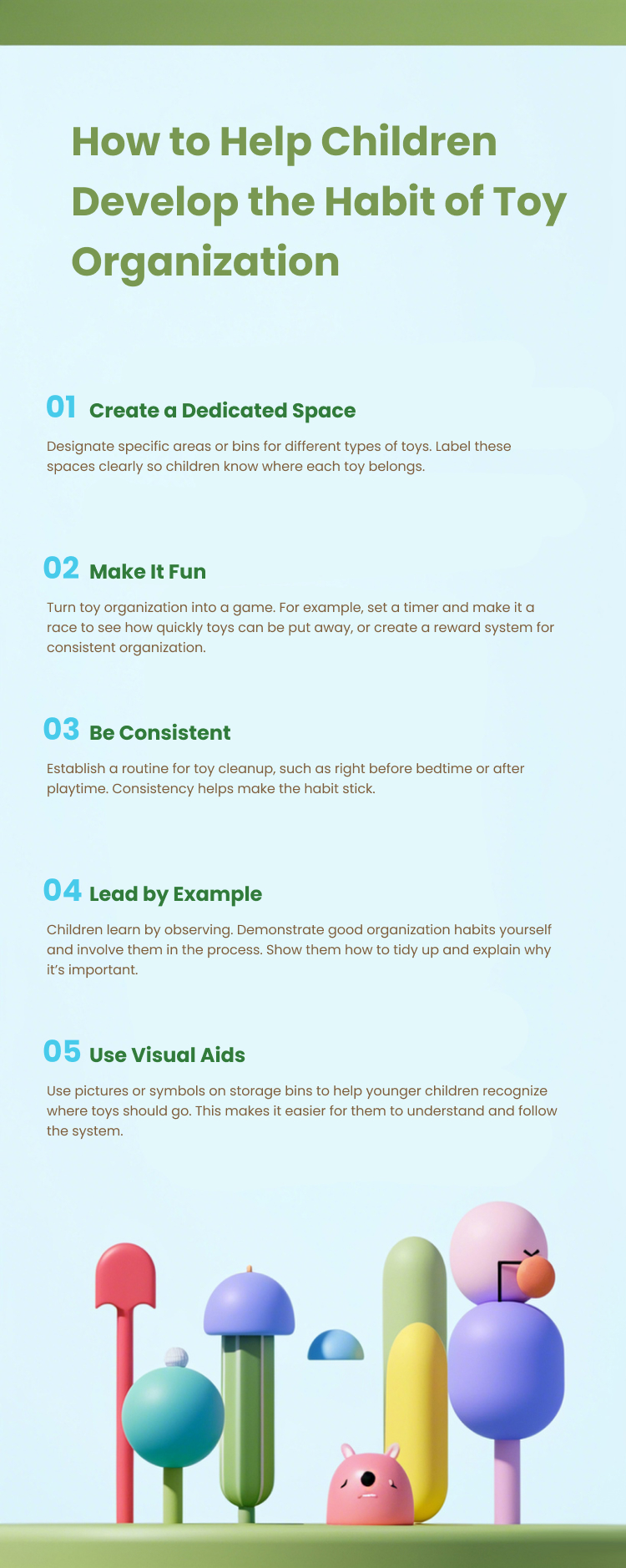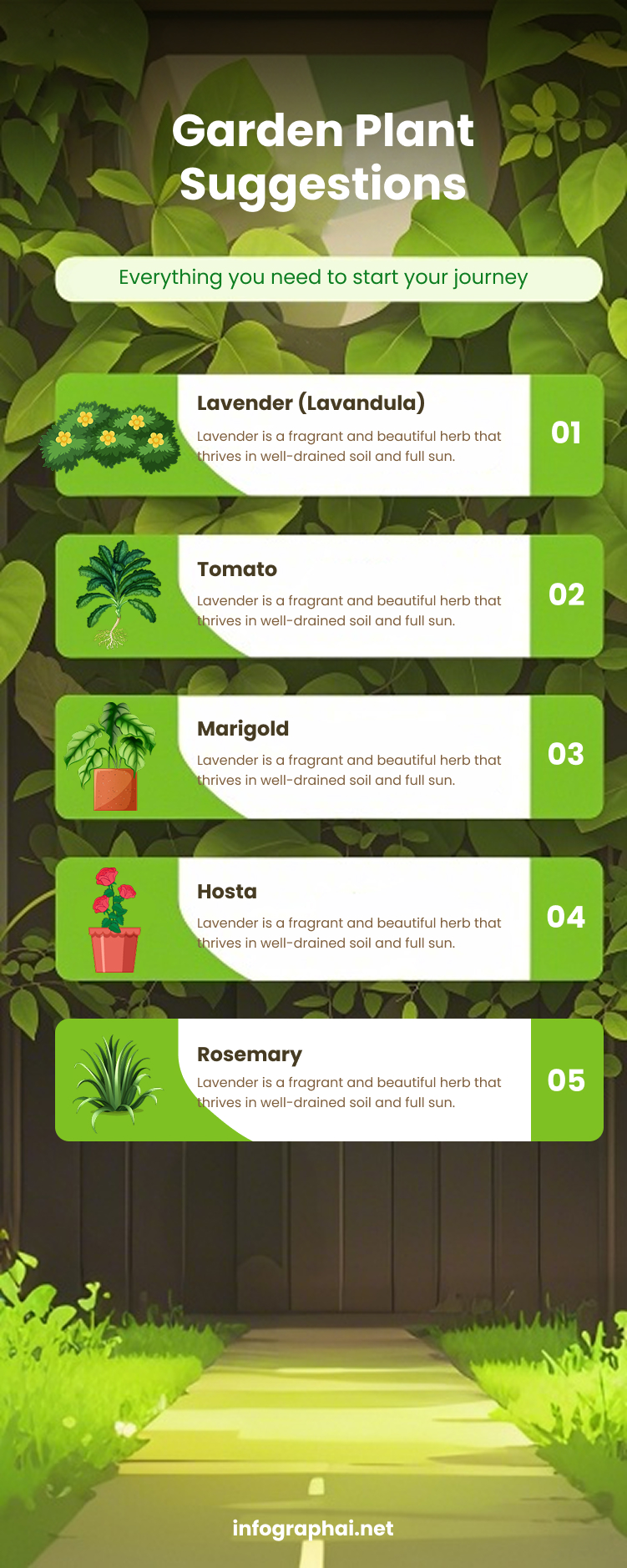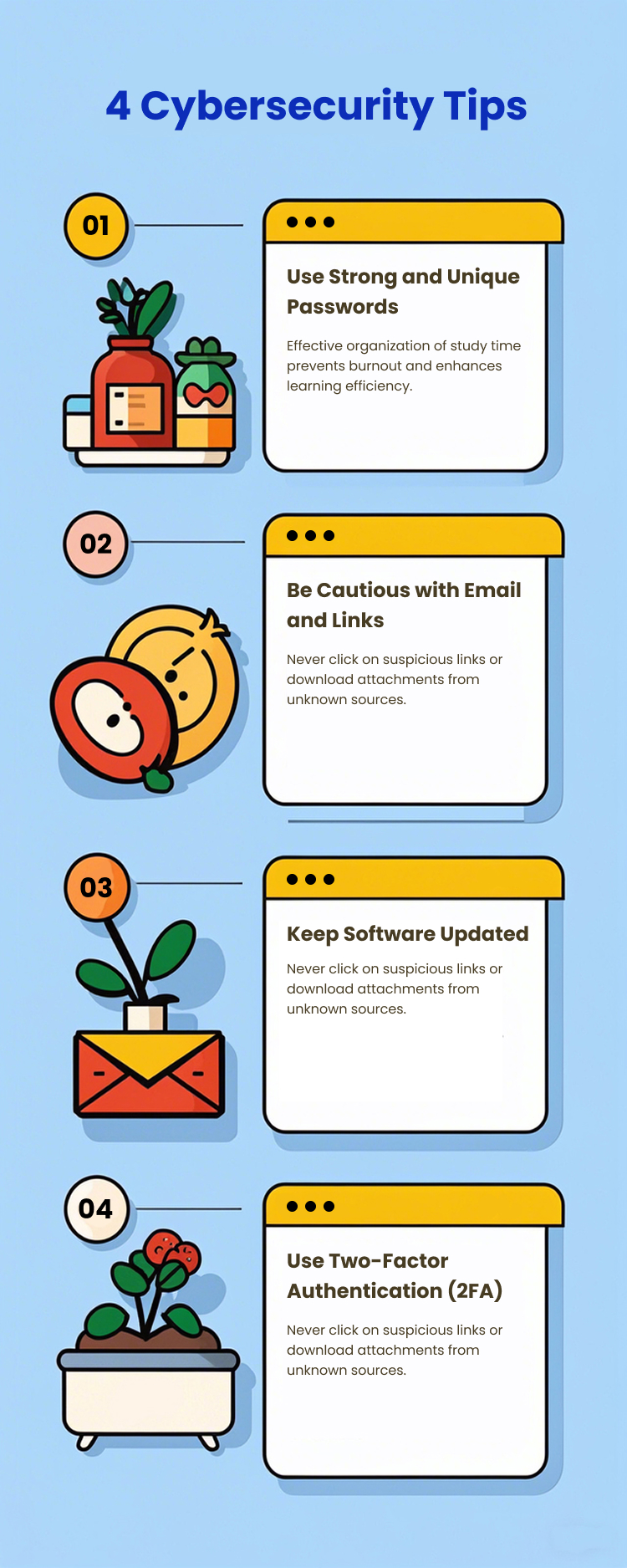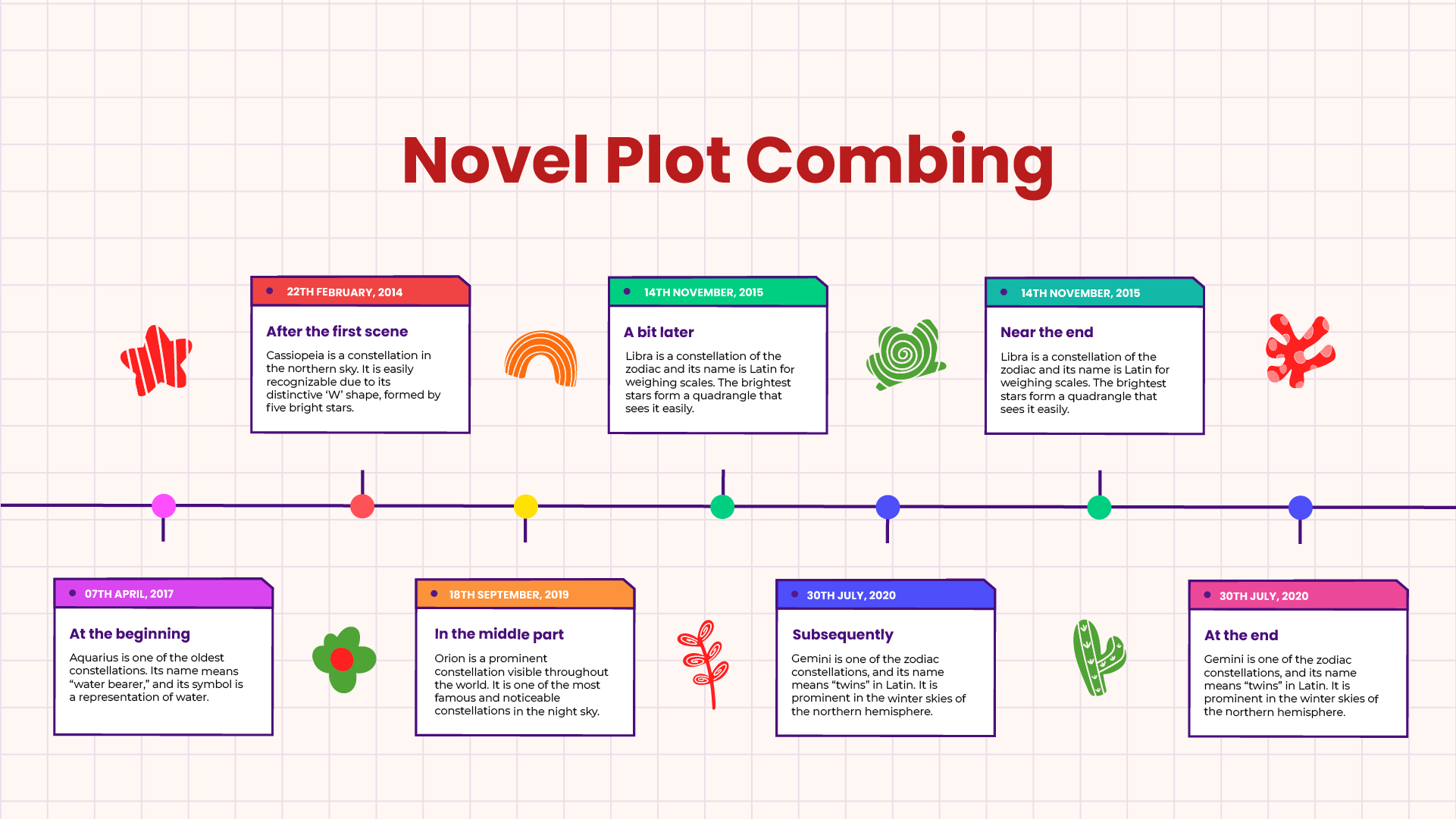Best wishes Infographic Template
"5 Key Aspects of 'Best Wishes': Meaning, Usage, and Cultural Significance"
-
Express Sincere Blessings
"Best wishes" conveys heartfelt goodwill, commonly used in letters, emails, or celebrations like weddings and graduations to express warmth and positivity. It transcends cultural boundaries, serving as a universal gesture of kindness, akin to Chinese phrases like "最美好的祝愿". -
Versatile Communication Tool
Suitable for both formal (business emails) and informal (friends/family) contexts, it balances politeness and friendliness. Variations like "With best wishes" or "Best wishes to you" allow customization based on relationships and occasions. -
Enhance Social Connections
In social interactions, it fosters emotional bonds—e.g., "Best wishes for your recovery" shows empathy, while holiday greetings strengthen ties. Its flexibility supports creative adaptations, such as pairing with specific goals ("Best wishes for your new job"). -
Cultural and Linguistic Nuances
Unlike "Best regards" (more formal) or "Love" (intimate), "best wishes" strikes a middle tone, ideal for acquaintances or professional networks. In Mandarin, it aligns with "祝福" but carries broader contextual usage. -
Avoid Overuse Pitfalls
While popular, overuse in emails may seem generic; experts suggest alternatives like "Thanks" or "See you on Friday" for authenticity. Tailor phrasing to the recipient—e.g., "Warm wishes" for closer relationships.
























